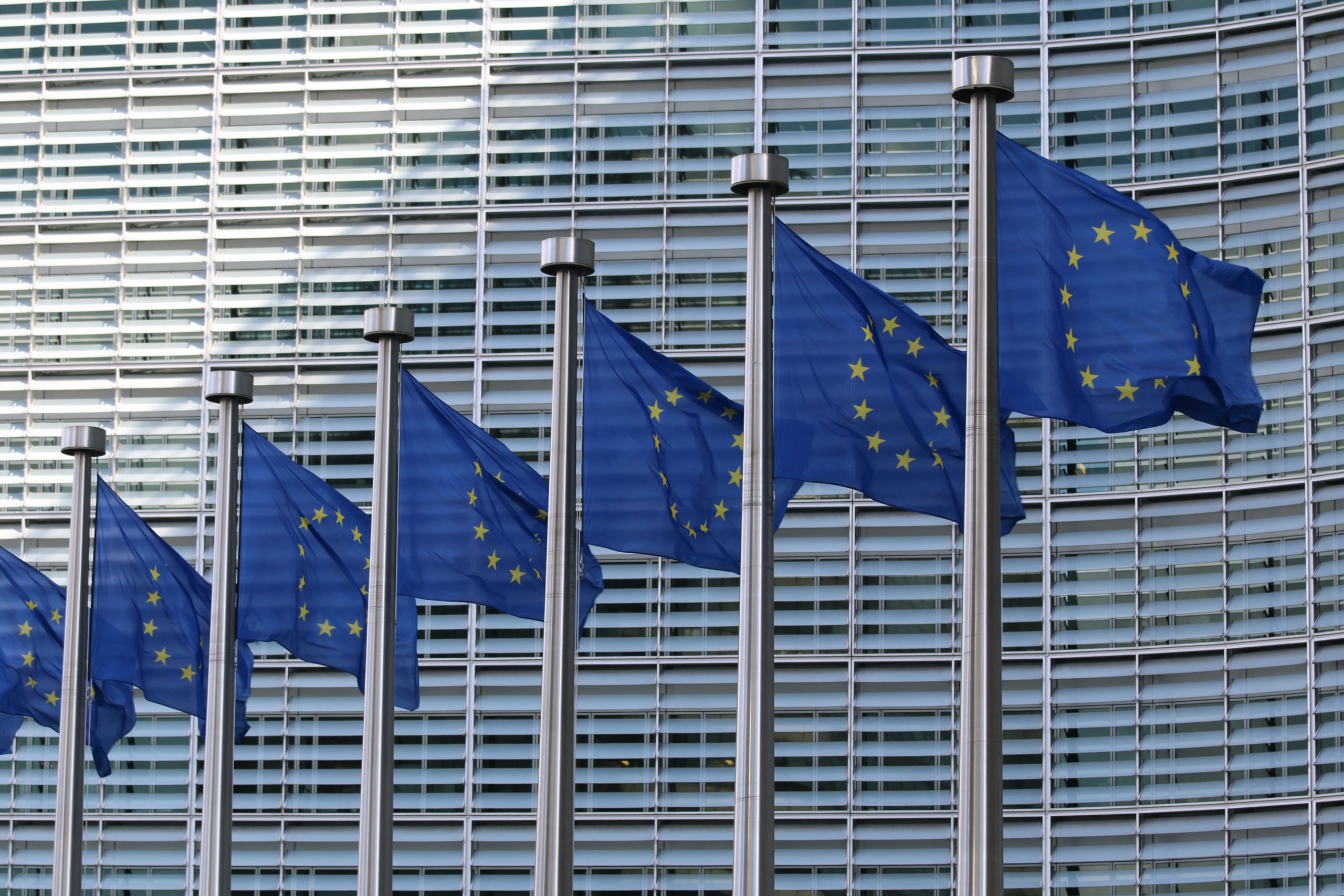Quote from Brussels, 02/10/2024 (Agence Europe)
Observing the budgetary performance of the Member States in relation to the macroeconomic situation in 2023, the European board notes that, overall, the public deficit has not decreased between 2022 and 2023 despite the gradual phasing out of the poorly targeted emergency budgetary measures, which were intended to support households and SMEs in the face of inflation caused by the energy crisis. This situation can be explained in particular by an acceleration in public spending, excluding temporary measures, mainly on social protection, health and stimulating the economy, especially in EU countries that are already heavily indebted.
“EU fiscal guidance and monitoring turned a blind eye on underlying expenditure, focused on demand management and overlooked large structural deficits and related sustainability challenges”, the European board noted.
In addition, European experts are criticising the European Commission for its late initiation of excessive deficit procedures (EDP) for seven Member States: Belgium, France, Italy, Hungary, Malta, Poland and Slovakia.The EFB nevertheless sees the fiscal rules as a step forward, the credibility of which will depend on rigorous implementation of both the corrective and preventive arms of the Stability Pact, at a time when public support for the budgetary effort is far from guaranteed and when the challenges facing the EU in terms of competitiveness require massive investment.
In this respect, the European Fiscal Board is of the opinion that the question of “European public good”, omitted during the reform of the Pact, must be raised again. He even sees a “complementarity” between joint initiatives to help finance investments of common interest, for example in defence and energy, and the budgetary virtue at national level encouraged by the revised Pact, a complementarity that would make it possible to create budgetary room for manoeuvre at EU level.
READ THE REPORT: bd052cb4-9595-4738-8042-2f87060d6fa4_en

